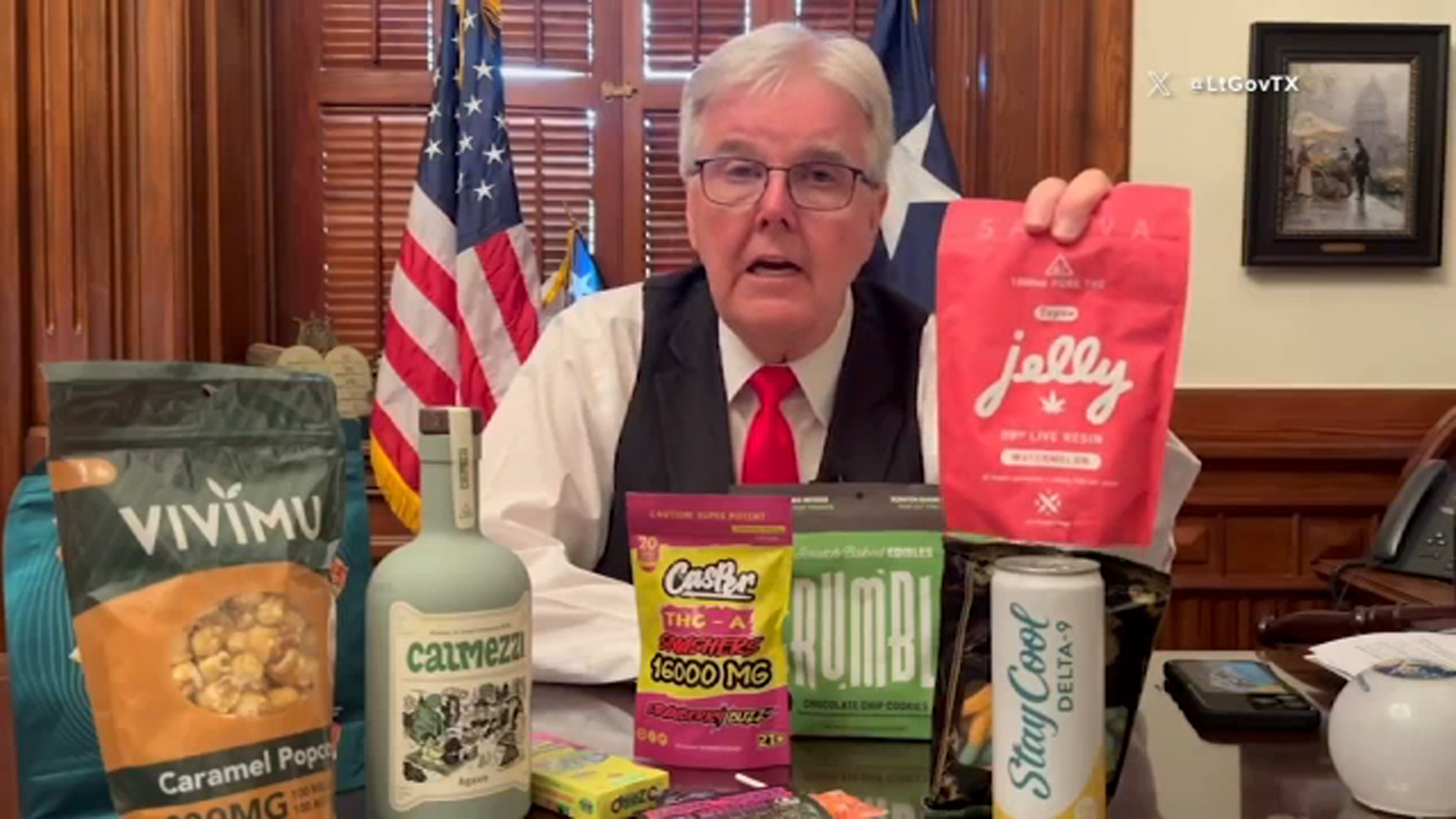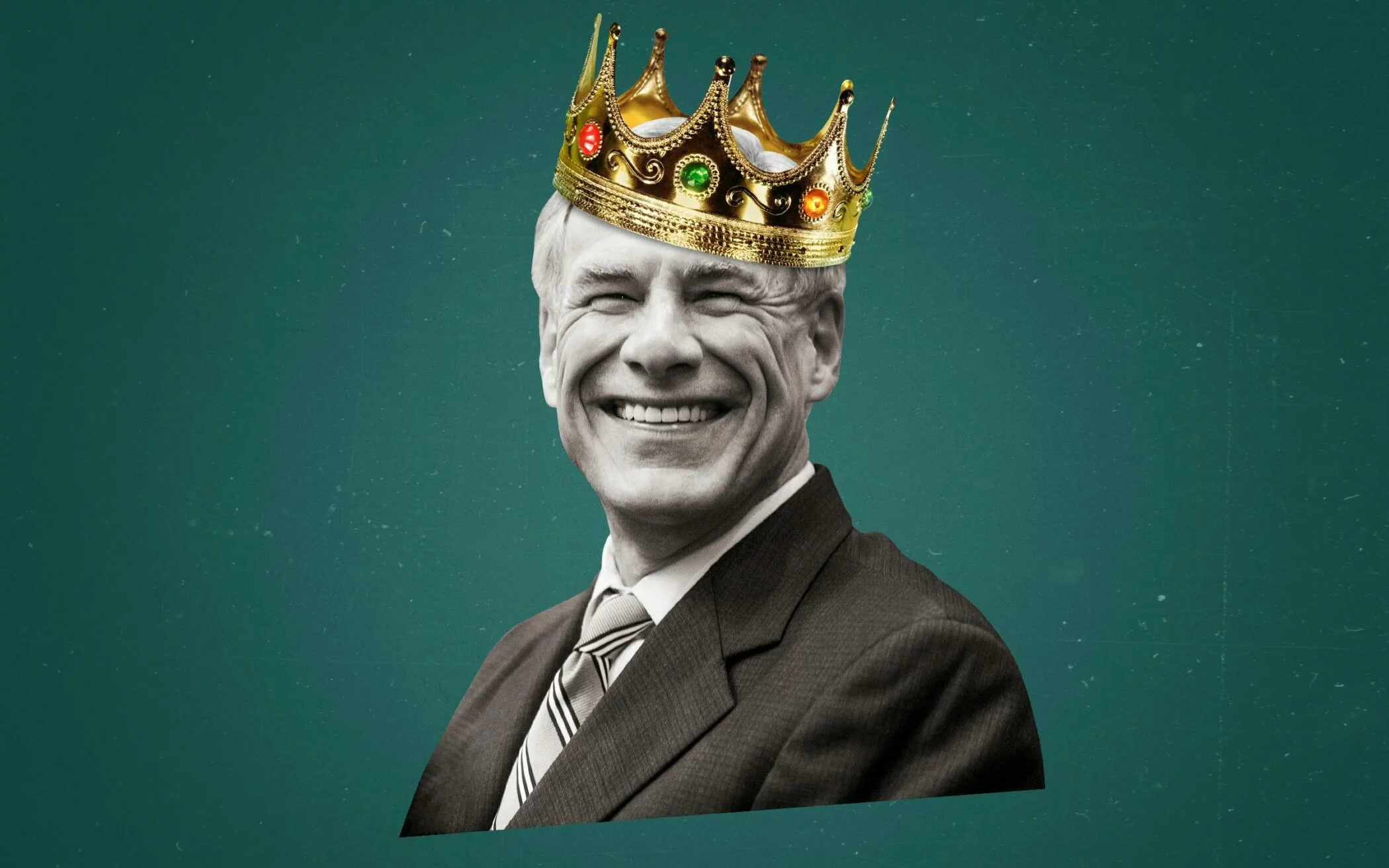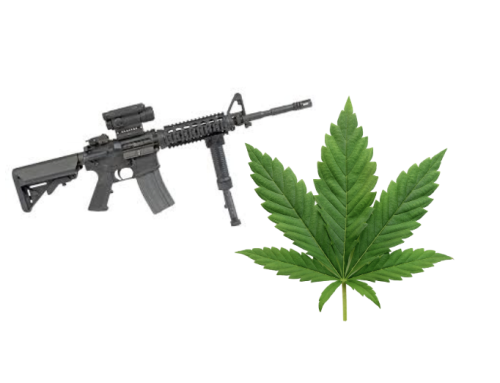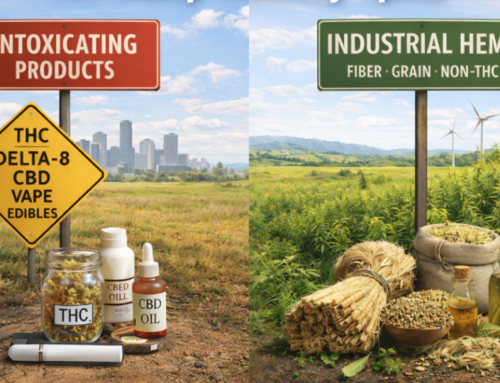Analysis: What’s Next for Texas THC Policy After Gov. Abbott’s Veto?
DALLAS – In a move that stunned the Texas political establishment and delighted the state’s burgeoning hemp industry, Governor Greg Abbott last weekend vetoed Senate Bill 3 (SB 3), a measure that would have banned virtually all hemp-derived THC products—including popular variants like Delta-8, Delta-9, and Delta-10. The veto not only exposed a rare public rift between the state’s two most powerful Republicans—Abbott and Lt. Governor Dan Patrick—but also forced Texas lawmakers, business owners, and consumers to grapple with a central question: what happens next?
As the state prepares for a special legislative session in July, the future of hemp-derived THC regulation in Texas hangs in the balance. Here’s a deep dive into the politics, policies, and pathways forward.
The Veto That Shook the Capitol
On June 22, Governor Abbott exercised a late-night veto of SB 3, a bill that had passed both chambers of the Legislature with significant Republican support. The bill would have outlawed the manufacture, sale, and possession of consumable hemp products containing any detectable level of THC, including popular synthetic or semi-synthetic cannabinoids like Delta-8 and Delta-10.
In his veto message, Abbott cited serious constitutional and legal concerns. Chief among them was the threat of federal court challenges, particularly in light of the 2018 Farm Bill, which federally legalized hemp products containing less than 0.3% Delta-9 THC by dry weight. “Texas cannot afford to enact legislation that will be immediately challenged and likely struck down by federal courts,” Abbott warned.
But the governor’s message didn’t stop at legal caution. He also outlined an alternative path forward: rather than a blanket ban, Texas should pursue sensible regulation. He floated a framework that included:
- Age restrictions (21+)
- Packaging and labeling standards
- Potency caps
- Licensing requirements
- Enforcement mechanisms overseen by agencies like the Texas Alcoholic Beverage Commission (TABC)
This shift marked a significant departure from the prohibition-first approach historically favored by Texas GOP leaders—and it didn’t sit well with Dan Patrick.
Patrick’s Fury and a Party Divided
Lt. Gov. Dan Patrick, a staunch opponent of cannabis legalization, responded with fury. In a blistering statement and follow-up press conference, Patrick accused Abbott of siding with drug dealers and undermining public safety.

Lt. Gov. Dan Patrick
“He parachuted in at the last minute and vetoed one of the most important bills passed this session,” Patrick said. “This is not just about policy—it’s about principle. I will not be part of legalizing marijuana in Texas.”
Patrick, who has previously claimed that dispensaries serve as fronts for drug cartels, promised to fight for a full ban in the upcoming special session, although he conceded he may focus on banning synthetic THC products specifically—such as Delta-8 and Delta-10—as a more legally defensible compromise.
The Industry Speaks: Don’t Ban Us, Regulate Us
While Texas’s hemp industry is relatively new—it took off after the state legalized hemp in 2019—it has quickly become a major economic force. With more than 8,000 retail outlets and an estimated $8 billion in annual sales, the sector employs tens of thousands of Texans, many in small, family-owned businesses.
Business owners and industry advocates welcomed Abbott’s veto. “This was the right decision,” said Mark Bordas of the Texas Hemp Business Council. “We agree with the governor: the answer is regulation, not prohibition.”
Tony Buzbee, a Houston-based attorney and co-owner of Patriot Hemp Co., praised the decision as both “bold and business-friendly.” His company, which produces THC seltzers, employs veterans and has built its brand around compliance and transparency. “The products we sell are safe, legal under federal law, and used by veterans and medical patients who rely on them,” Buzbee said. “Banning them outright would have been devastating.”
Indeed, many Texas veterans and chronic pain sufferers testified during the legislative session about their reliance on hemp-derived products—especially Delta-8—as a more accessible alternative to opioids or medical marijuana, which remains highly restricted in Texas.
A National Context: Lessons from Other States
Texas is not alone in grappling with the rise of hemp-derived THC products. Across the U.S., state legislatures have taken widely varying approaches:
- Colorado and California have opted to regulate Delta-8 and similar compounds under their broader cannabis laws.
- Alabama, Kentucky, and Tennessee, where recreational marijuana remains illegal, have passed targeted regulations to restrict youth access and limit potency.
- Arkansas attempted a full ban last year, but the law has been tied up in court challenges ever since.
These examples suggest that sweeping bans, like SB 3, often face legal hurdles and create enforcement chaos. By contrast, regulation—through age limits, potency caps, and licensing—can thread the needle between public safety and economic freedom.
Abbott appears to have taken this lesson to heart. “Our focus should be on consumer protection, not punishing law-abiding businesses,” his office said in a follow-up statement.
What’s Next: The July Special Session
Gov. Abbott has already called for a special legislative session to begin July 21, 2025, with one of the key agenda items being the regulation of hemp-derived cannabinoids. His proposed framework mirrors regulatory models from other states, and would likely include:
- 21+ age minimums for purchase and use
- Childproof packaging and warning labels
- Clear THC content disclosures
- Testing and certification standards
- Zoning restrictions to keep products away from schools
- Funding for local enforcement
The session is expected to last 30 days, giving lawmakers a short but critical window to craft a regulatory bill that balances safety, legality, and economic vitality. Any new proposal will also need to navigate the politics of the Capitol, particularly with Patrick’s continued opposition to anything perceived as “legalization.”
The Political Stakes
This conflict has exposed deep divisions within the Texas Republican Party.
- Abbott is positioning himself as a pragmatic, pro-business conservative who favors regulation over overreach.
- Patrick remains a culture warrior, betting that hardline opposition to anything THC-related still plays well with the GOP base.
The outcome of this debate may shape the future of Republican politics in Texas. If Abbott succeeds in pushing through a regulatory framework, it will signal a broader shift in Texas cannabis policy, one more aligned with national trends and public opinion.
Recent polling shows that a majority of Texans—Democrats and Republicans alike—support regulated access to cannabis products, including hemp-derived THC. For many, the question is no longer if Texas should regulate these products, but how.
Legal Landmines and Federal Uncertainty
One of Abbott’s main concerns—that SB 3 would have immediately faced federal legal challenges—is well founded. Courts in several states have struck down overly broad THC bans on the grounds that they interfere with federal law or violate interstate commerce protections.
At the same time, Congress is considering updates to the 2018 Farm Bill that could redefine what counts as legal hemp, potentially rendering some state-level laws obsolete or unenforceable.
A bipartisan congressional task force is also evaluating whether to bring hemp-derived THC products under the same regulatory umbrella as other cannabis items—a move that would have major implications for Texas.
Scenarios for Texas Moving Forward
With the special session looming, here are several possible outcomes:
- Comprehensive Regulation Passes
A bill incorporating Abbott’s regulatory framework gains bipartisan support and passes both chambers. Patrick may object but stops short of a filibuster, particularly if synthetic THC is targeted more aggressively. - Narrower Bill on Synthetic THC Only
Lawmakers pass a more limited measure banning Delta-8 and Delta-10 but leaving natural hemp-derived Delta-9 products intact. - Stalemate
Political infighting derails negotiations, and no bill passes. Texas continues under the current patchwork legal status. - Another Veto Showdown
Patrick leads another push for a total ban. Abbott vetoes again, widening the GOP rift. - Federal Intervention
New federal rules under the 2025 Farm Bill or administrative actions override or preempt Texas law, forcing state-level compliance.
What’s next? A Defining Moment for Texas Cannabis Policy
Gov. Abbott’s veto of SB 3 has set the stage for a consequential policy shift in Texas. Whether the state embraces targeted regulation or doubles down on prohibition will depend on the political maneuvering of the coming weeks.
What is clear, however, is that the days of ignoring hemp-derived THC are over. With billions of dollars at stake, legal ambiguities mounting, and public support leaning toward regulation, the next legislative steps will define the future of cannabis—and small business—in the Lone Star State.
Follow updates on the special session and cannabis policy only on Highly Capitalized Network.



































